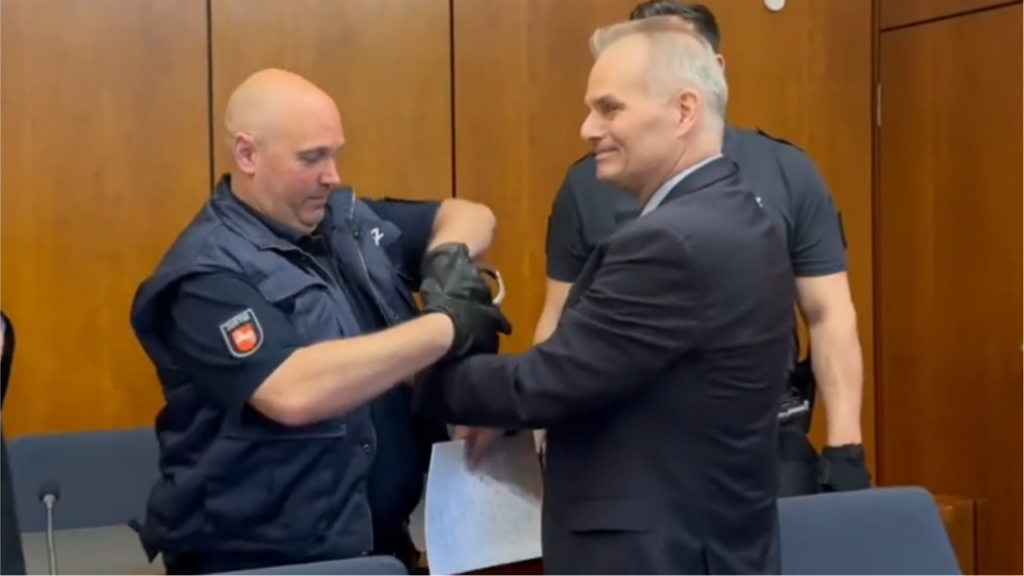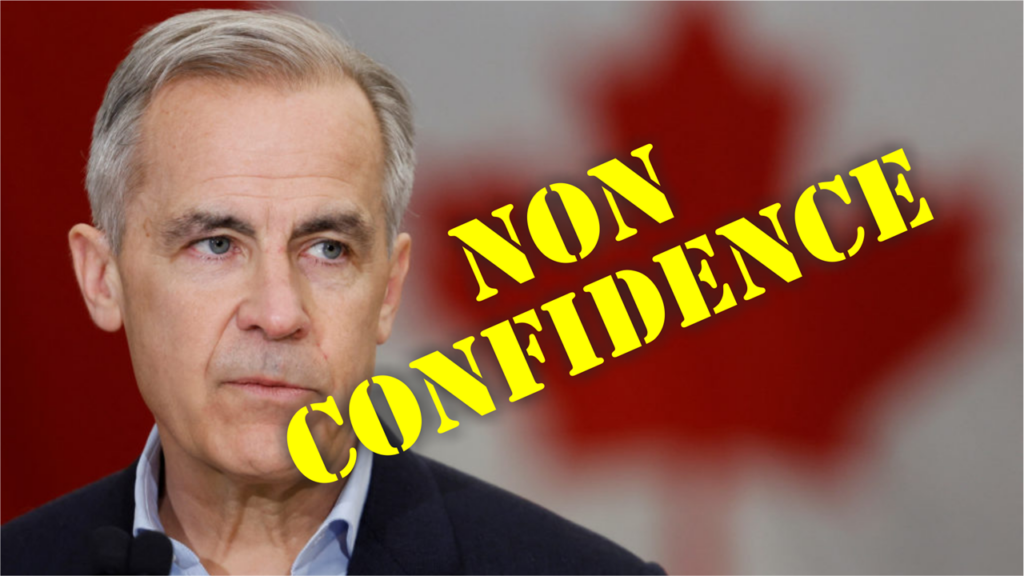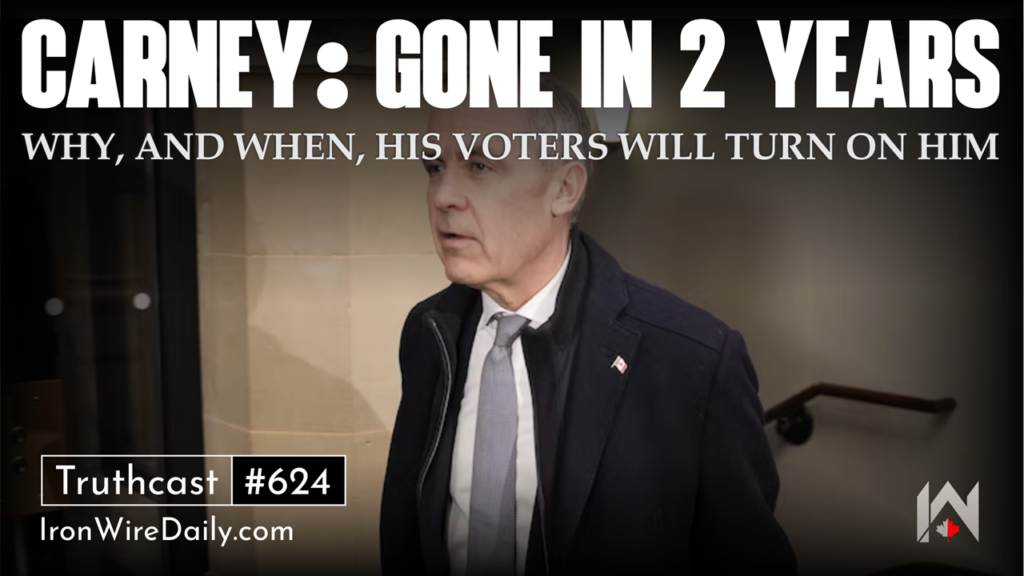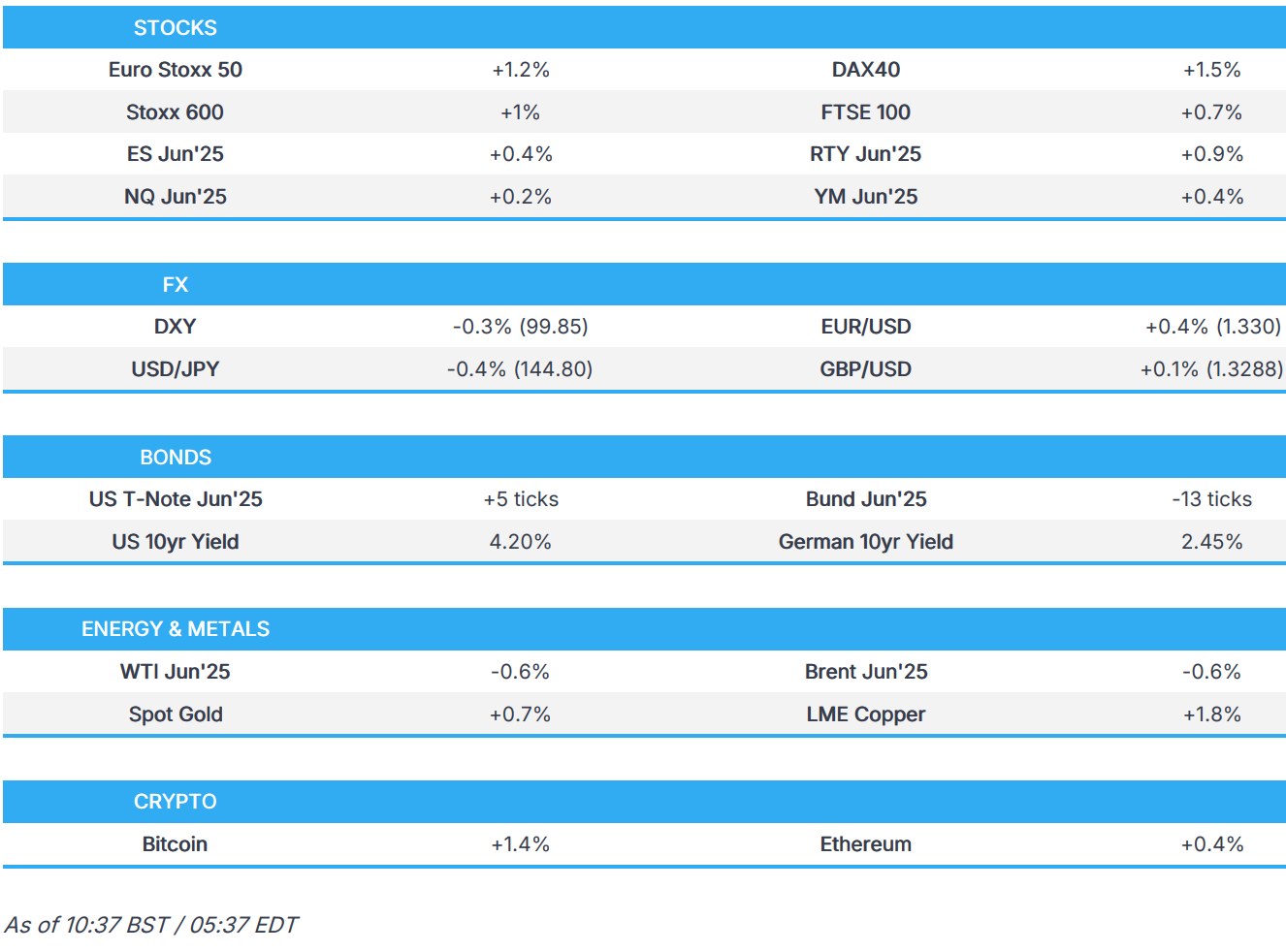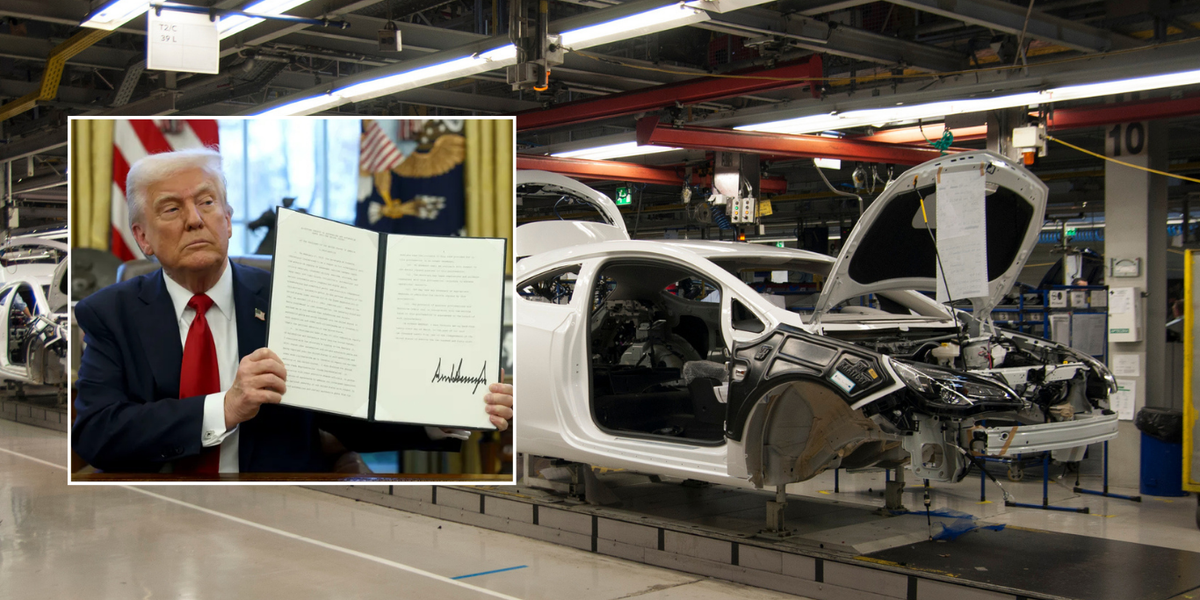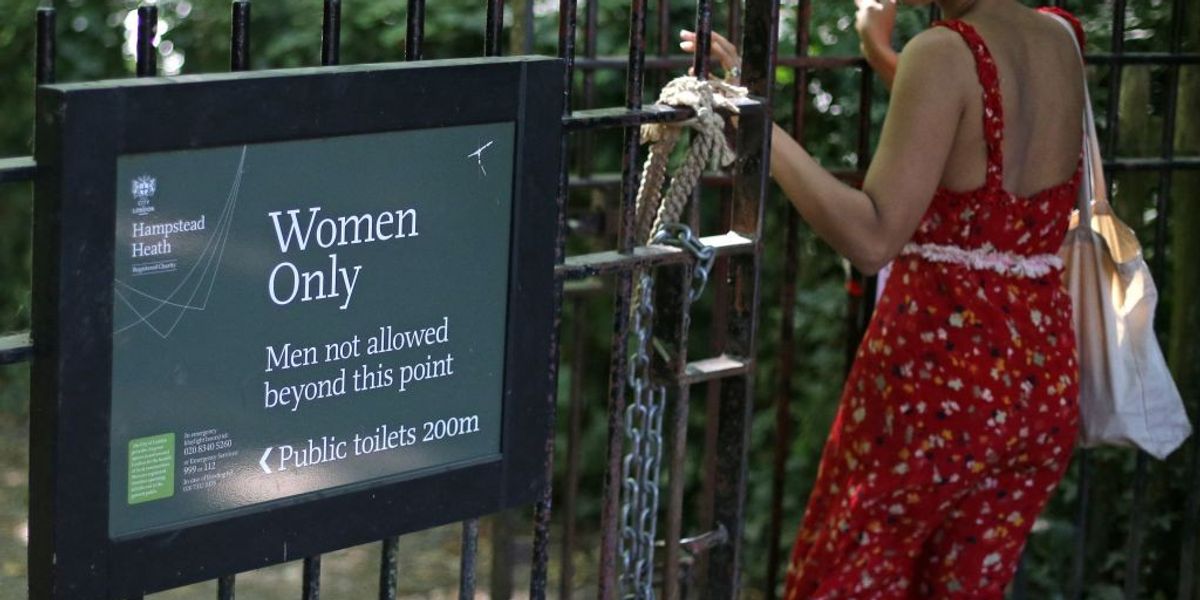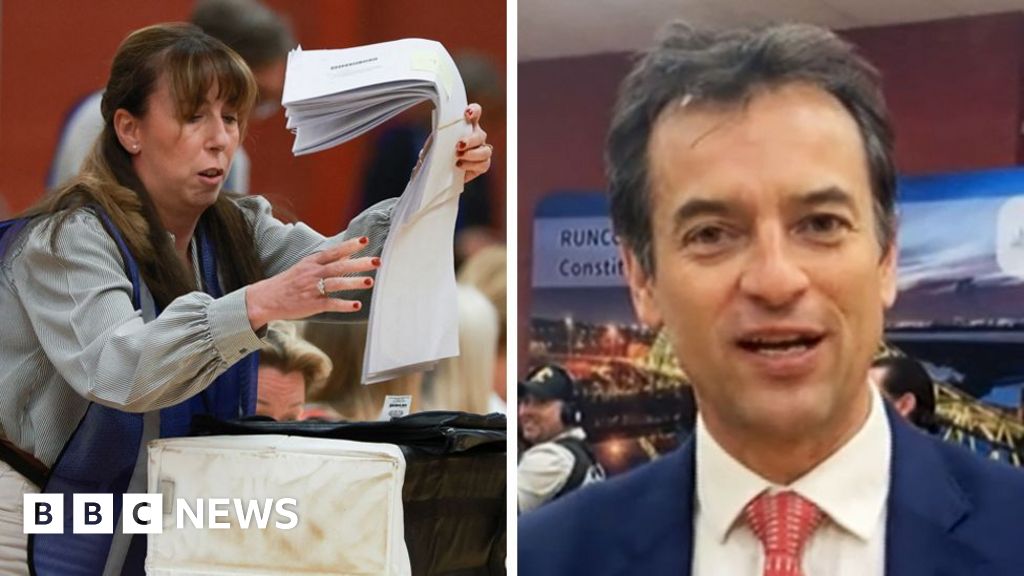Former German defense official lays blame on West for Russia-Ukraine war – LifeSite
(LifeSiteNews) — Willy Wimmer, an influential German politician and Defense Ministry official under the reign of Chancellor Helmut Kohl, has given an interview to LifeSiteNews in which he calls for an end of the Ukraine war and a return to the negotiation table. He puts much hope in U.S. President Donald Trump and his role in bringing about peace in the war-stricken zone.
Wimmer, a member of the German Bundestag from 1976 to 2009, worked as parliamentary state secretary in the Ministry for Defense from 1985 to 1992, and was the vice president of the OSCE Parliamentary Assembly from 1994 to 2000. These positions gave him much insight into the attitudes of the West toward Russia in the wake of the fall of Communism and the dissolution of the Soviet Union in 1991.
According to this seasoned politician, the West broke its promises toward the then-Soviet Union when asking it to agree to the Reunification of Germany in 1990. U.S. Secretary of State James Baker, according to Wimmer, had made it very clear at the time that the West did not intend to expand its sphere of influence, especially by way of NATO, into the regions of the former Soviet Union.
Yet since that time, NATO has taken 14 countries of the former Warsaw Pact in as new members, and it was one of the key matters of contention with Russia that Ukraine was trying to be added to NATO as well.
Such a breach of promises might very well have contributed to the current war in Ukraine which has taken the lives of innumerable Ukrainians and Russians.
Thus, Willy Wimmer hopes for President Trump to help to get the two parties to the negotiating table and to end this war.
This is not the first time that Mr. Wimmer raises his voice for peace. Years ago, he opposed the war in Kosovo and the destruction of the former Yugoslavia, which, according to him, served as a tool to undermine Russia’s influence in the region. In his interview with LifeSite, the German security expert explained that in 1992, the so-called Wolfowitz doctrine was developed in Washington, D.C., which aimed at establishing the United States as the sole superpower in the world. Instead of trying to collaborate with the former Soviet Union, its weakness was used for the sake of the expansion of America’s power. Wimmer saw this doctrine direct at work at a conference organized in Bratislava in 2000 by the U.S. State Department.
In an open letter to then-Chancellor Gerhard Schroeder a week later, he describes how he heard conference speakers argue that it was a mistake for the U.S. not to get troops into Yugoslavia after World War II and that it was important to do so now. Wimmer summed up the discussion as follows: “The war against the Federal Republic of Yugoslavia was waged in order to reverse a wrong decision made by General Eisenhower during World War II. The stationing of U.S .soldiers there had to be made up for strategic reasons.”
Only ten years after the German Reunification and the promises then made by the U.S. toward the Soviet Union, the 2000 conference aimed at expanding Western influence to the East, as Wimmer says, summing up the views that were then presented by speakers: “In the upcoming NATO expansion, the spatial situation between the Baltic Sea and Anatolia should be restored to what it was in the heyday of Roman expansion.”
In an interview in March 2024, Wimmer related more in detail how he saw that the war against Yugoslavia was based on unsubstantiated accusations against Serbia. As the report on the interview states:
When asked about the evidence the OSCE had when Walker directly accused Serbian security forces of committing war crimes in the village of Racak on January 15, 1999, Wimmer says that he never actually saw that report and that it was evident that the event was merely a ‘PR measure’ to create conditions for NATO intervention. ‘Despite my and the requests of the OSCE Chairman, we were never presented with the results of the investigation into Racak. It is evident that it was a PR measure to create a pretext for war.’
Today in our interview, Willy Wimmer raises his voice against those voices in Europe – such as in France and England – who are constantly seeking to further the confrontation with Russia, and he points out that Germany thankfully never delivered the destructive weapons to Ukraine that could have dragged Germany into the war.
The German politician also honors Colonel Douglas Macgregor, former advisor to President Trump in his first term, who has consistently warned against the West’s push for confrontation with Russia. Macgregor had given last year LifeSite an interview in which he described the workings of the neocons, who within the structures of the U.S. government, clamored for war beginning with Kosovo, which already then included the idea of regime change in Moscow and of encroaching upon the borders of the former Soviet Union. He, like Wimmer, referenced the Wolfowitz doctrine of the 1990s, which had “perpetual revolution” as a motto with the notion that the U.S. would “go everywhere” and “reshape everything.”
Wimmer commented on Macgregor very praisingly, saying that he is a man “we Germans understand.”
John F. Sharpe, the editor of two volumes entitled Neo-Conned and Neo-Conned Again, described the history of the war-pushing neocon agenda in another interview conducted by LifeSite. He tried, also with the help of my late husband, Dr. Robert Hickson, at the time, to oppose that agenda and to get America out of these ongoing wars.
It is to be hoped that these voices, with Mr. Wimmer’s now added, will be heard, especially by President Trump and his entourage, for the sake of the common good of the United States, and most importantly, of the world.

Dr. Maike Hickson was born and raised in Germany. She holds a PhD from the University of Hannover, Germany, after having written in Switzerland her doctoral dissertation on the history of Swiss intellectuals before and during World War II. She now lives in the U.S. and is the widow of Dr. Robert Hickson, with whom she was blessed with two beautiful children.
Dr. Hickson published in 2014 a Festschrift, a collection of some thirty essays written by thoughtful authors in honor of her husband upon his 70th birthday, which is entitled A Catholic Witness in Our Time.
Hickson has closely followed the papacy of Pope Francis and the developments in the Catholic Church in Germany, and she has been writing articles on religion and politics for U.S. and European publications and websites such as LifeSiteNews, OnePeterFive, The Wanderer, Rorate Caeli, Catholicism.org, Catholic Family News, Christian Order, Notizie Pro-Vita, Corrispondenza Romana, Katholisches.info, Der Dreizehnte, Zeit-Fragen, and Westfalen-Blatt.

